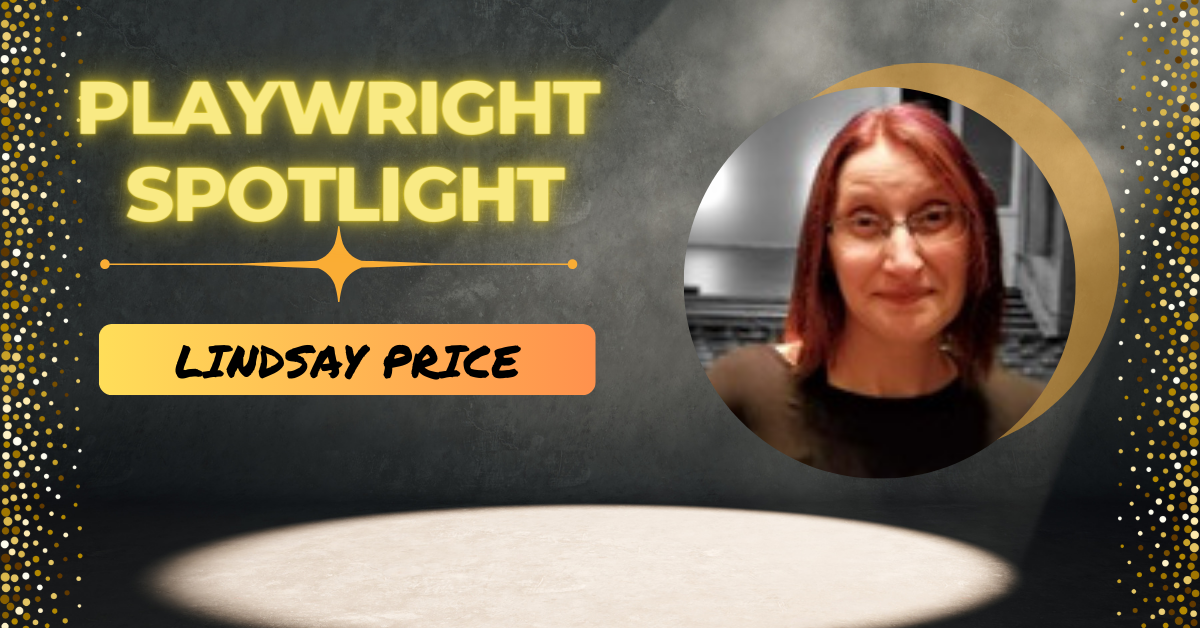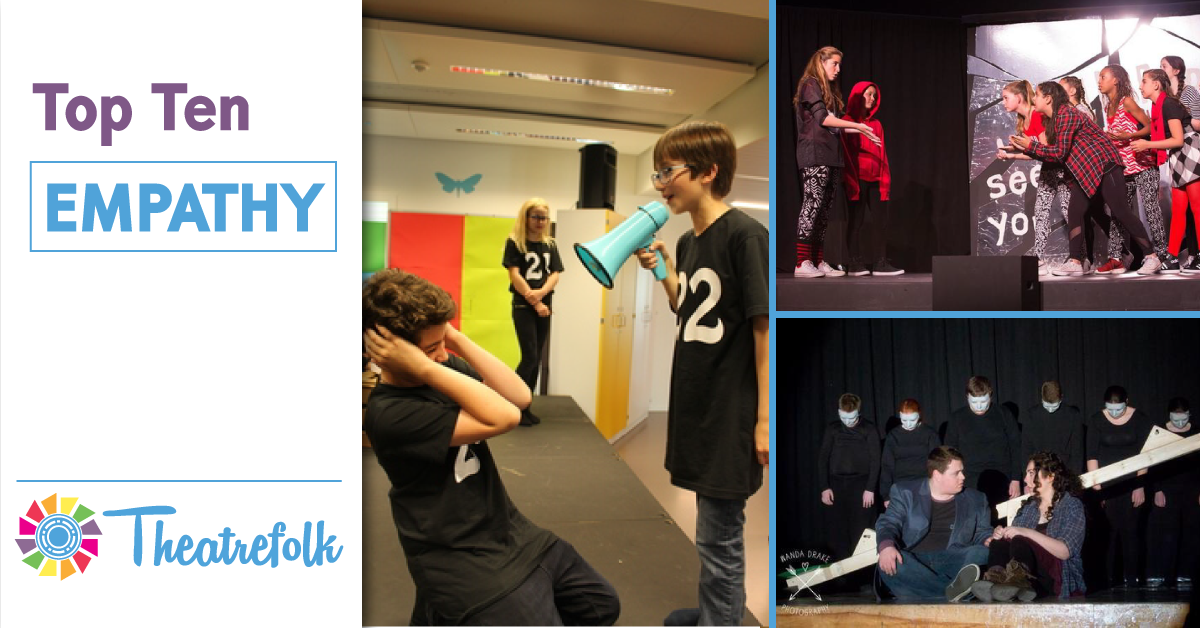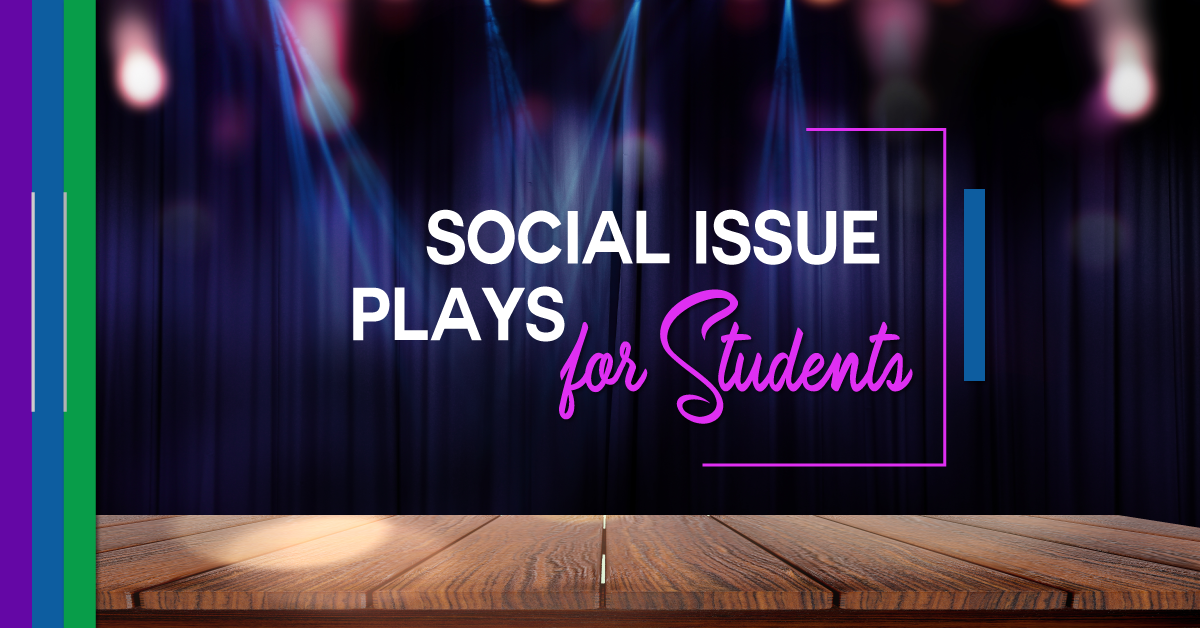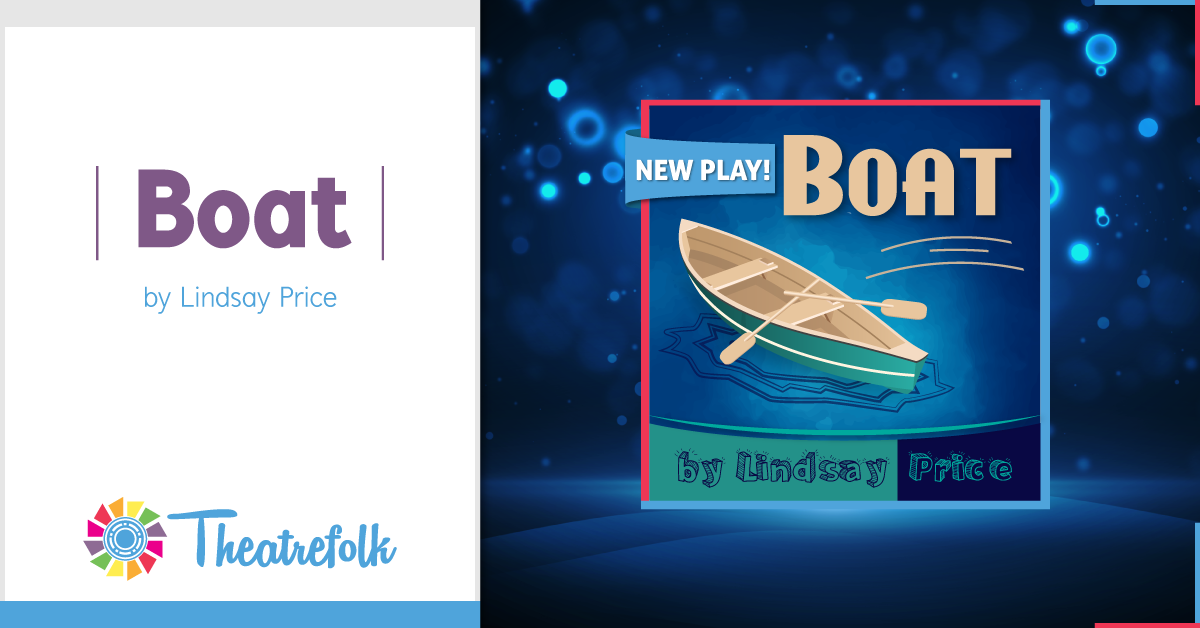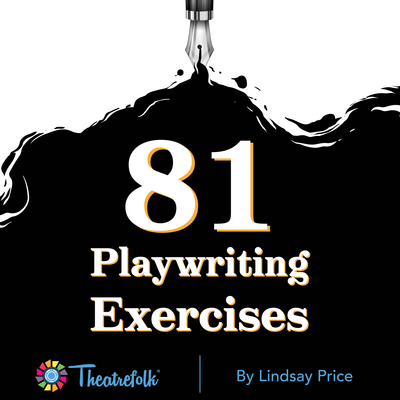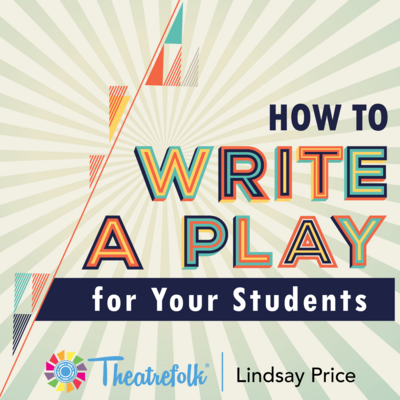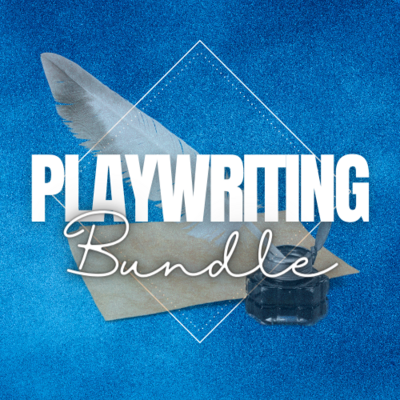Playwright Spotlight: Get to Know Lindsay Price
Welcome to "Playwright Spotlight" — your exclusive backstage pass to the creative minds crafting the incredible plays featured in our Theatrefolk catalogue. Discover the magic, quirks, and genius of the playwrights who help bring the stage to life. Let's meet one of these exceptional playwrights who offers the chance for your student performers to shine in their spotlight.
What inspired you to start writing plays specifically for middle school students?
When I started my educational theatre playwriting career, I only focused on writing for high school. I didn't even consider the middle school market! But after a trip to a conference in Texas, I met so many middle school drama teachers over the course of a weekend who were looking specifically for plays written for middle school performers that dealt with middle school issues. And the big thing they told me middle school students didn’t want was fairy tales or similar childish stories. I took on the challenge and wrote School Daze as my first middle school specific play.
Can you share a bit about your creative process when developing plays that resonate with middle school students?
Talking to middle school teachers and students is the best way to develop plays that resonate. I've gone into classes and had discussions on topics, I've done workshops, and I always like to get plays in the hands of middle schoolers to get their feedback. They always have great insight into their own particular world and I appreciate hearing what they think.
Are there any challenges you face when writing for middle school performers, and how do you overcome them?
Middle school students aren't kids but they're not teenagers. That means that the topics, characters, and dialogue has to ring true in quite a narrow window. I've read many plays which are identified as middle school but the dialogue reads quite childish. I've seen plays that say they're appropriate for high school and middle school and they're clearly beyond the scope (in language and subject matter) of a 12 year old. And there are so many fairy tale adaptations out there! The best way to over come them these challenges is to share my work with middle school teachers and students.
What themes or messages do you aim to convey through your middle school plays?
For me, the biggest theme for middle school plays is identity. Middle school students go through some huge external and internal changes. They are at the age when they start making decisions about who they are, how they want others to see them, and how they see others. These are the stories and characters I want to share.
How do you balance education and fun in your scripts for middle school productions?
I don't think about it that way. I focus on characters experiencing a specific story. If I think about making something "educational" it's going to read stilted.
Can you share a memorable experience or feedback from a middle school performance that left an impact on you?
I have two related stories:
First, I watched a 13 year old boy deliver one of my monologues in a competition. The character in the monologues talks about his life and how his family treat him after a suicide attempt. The monologue was written for a 16 year old character and the impact of seeing it done by a 13 year old was huge. This led me to question: does suicide happen in middle school?
Secondly the director of one of my plays shared a rehearsal exercise she did with her cast in which her middle school students wrote on post-it notes the positive and negative things they say to themselves or hear others say to them.The negative board three times more post-its than the positive one. This led to the question: do middle school students get depressed?
I fully admit, I didn't think so.That’s when I started researching the topic. I found that not only do middle school students get depressed but it’s often overlooked as laziness, and ignored because they’re seen as “too young” to be depressed. Many times the issue is never addressed.
I knew I had to bring this issue to life in a play, which led to the play The Happiness Shop.
Any advice for teachers or directors looking to choose engaging and age-appropriate plays for their middle schoolers?
Talk to your students. What do they want to do plays about? Certainly there are limitations you may encounter from admin or parents, or even the students themselves. But the best thing I ever did as a writer was talk to students and learn their point of view of the world.
What is your favourite middle school play you've written so far?
My favourite middle school play that I've written is Box, which is part of the middle school trilogy of Hoodie, Box, and Boat. I've heard many times from teachers and students how authentic the characters and dialogue is. Having my writing seen as authentic, when I am so far away from being a middle school student myself, is something I'm really proud of.
Related Articles
81 Playwriting Exercises
by Lindsay Price
81 exercises that can be used to get students in the habit of writing on a regular basis.
How to Write a Play for your Students
by Lindsay Price
You’ve chosen to write a play for your students! Where do you start?
Resource Bundle - Playwriting
Use these 4 Playwriting drama teaching resources to make playwriting possible with your students. Great for warm-ups, prompts, writer's block and more!
